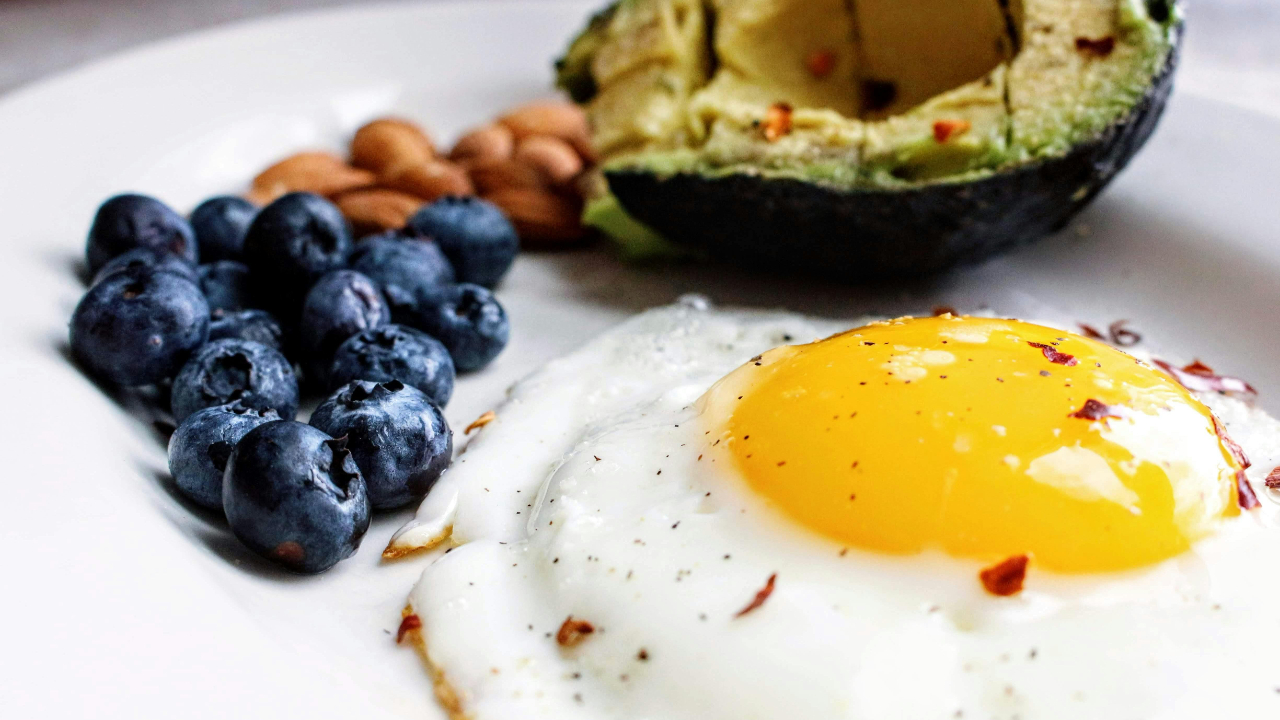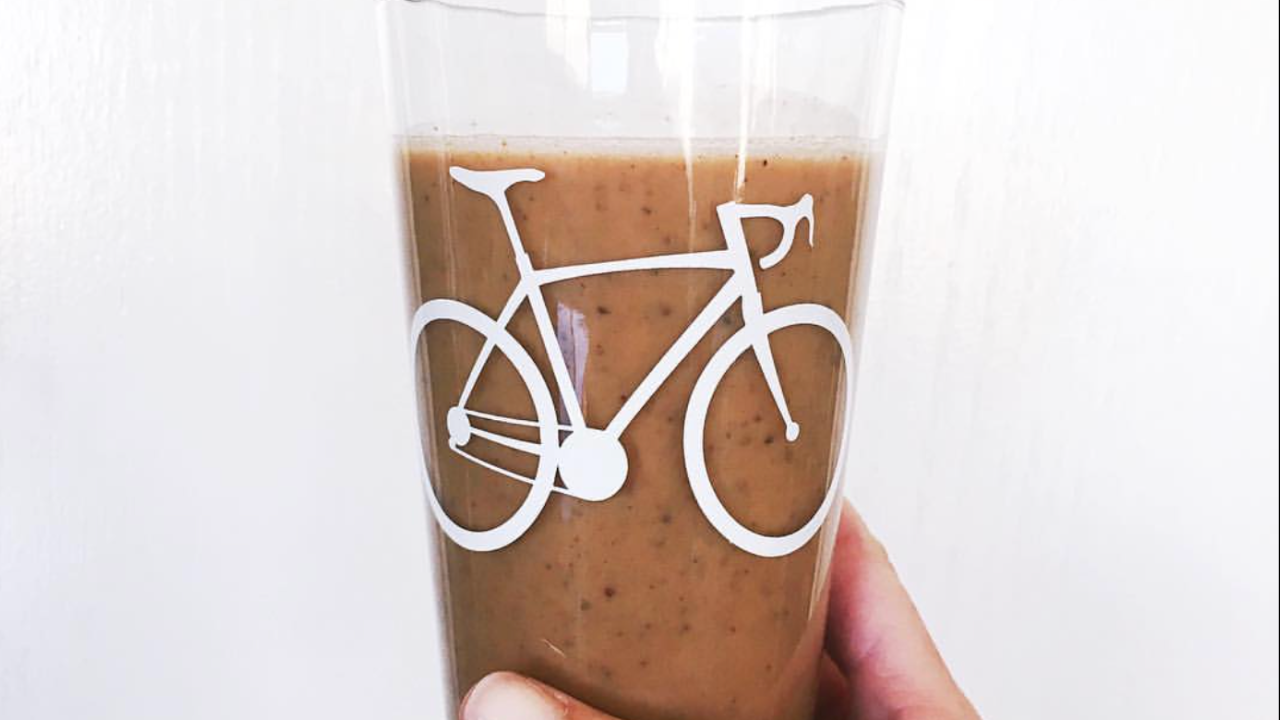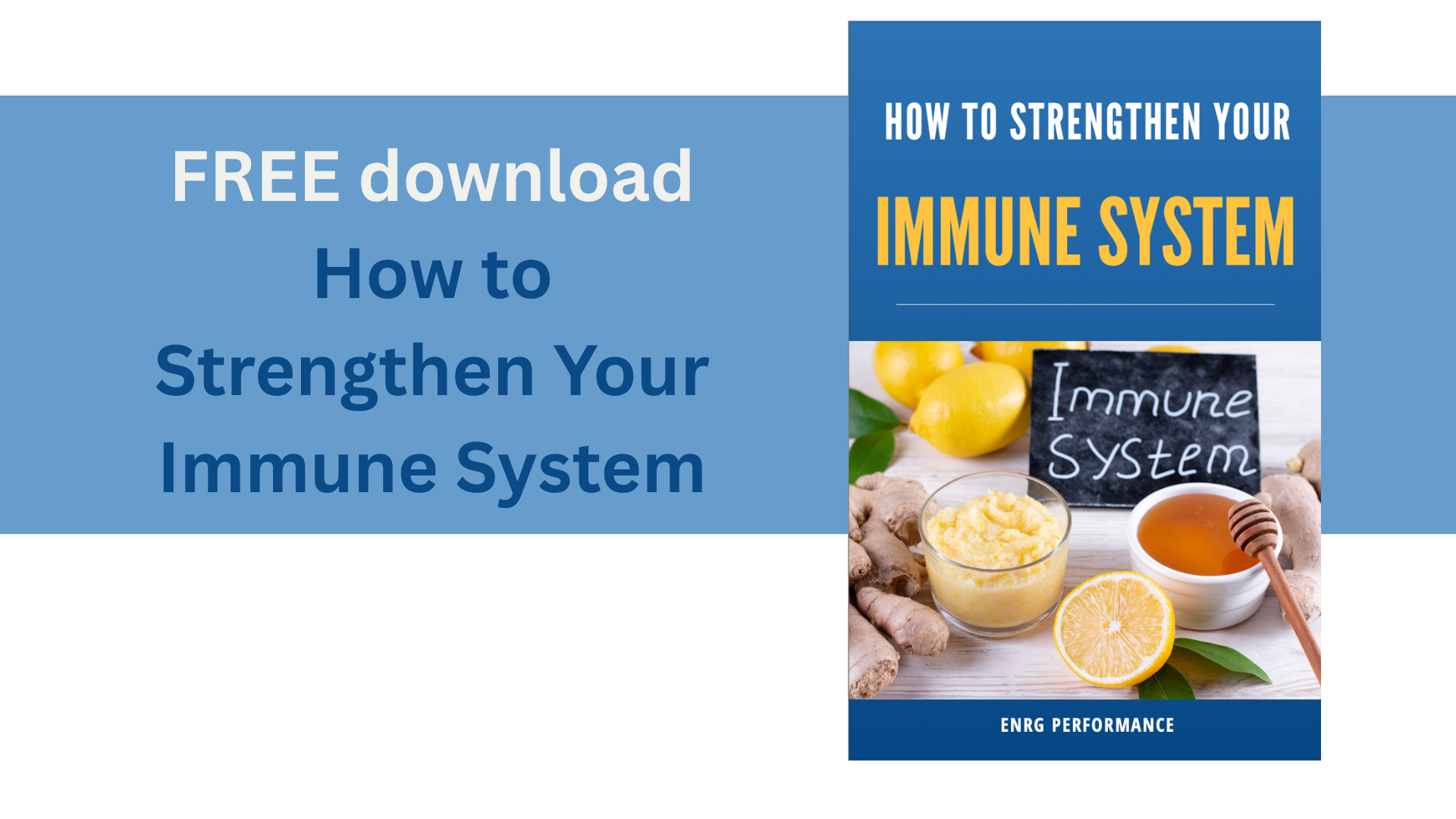What is ApoB?
Aug 19, 2024
Apolipoprotein B (ApoB) is a key protein found in lipoproteins, which are particles that transport lipids (fats) through the bloodstream. ApoB is primarily associated with low-density lipoproteins (otherwise known as LDL). ApoB serves as a structural protein, providing stability to these lipoproteins and enabling them to bind to receptors on cells, facilitating the delivery of cholesterol to various tissues.
Why ApoB is important is because of its direct relationship with cardiovascular health. Elevated levels of ApoB in the blood are a significant risk factor for the development of atherosclerosis, a condition characterized by the buildup of fatty deposits (plaques) inside the arteries. These plaques can narrow or block arteries, leading to heart attacks and strokes.
Unlike traditional cholesterol tests that measure total cholesterol or LDL cholesterol (LDL-C), ApoB levels provide a more accurate assessment of the number of atherogenic particles in the blood. Each ApoB molecule corresponds to one lipoprotein particle, so higher ApoB levels indicate a greater number of these particles, which are more likely to penetrate the arterial walls and contribute to plaque formation.
So, step one is for you to have your ApoB measured, if you haven’t already. Check out our blood work testing, which includes ApoB, HERE.
As I am sure you have guessed, daily nutrition plays a significant role in influencing ApoB levels.
The following three dietary practices can increase ApoB levels:
-
Eating too much saturated fat, found in foods like red meat, butter and full-fat dairy products, can increase LDL cholesterol levels. Since ApoB is a component of LDL particles, a diet rich in saturated fats can lead to higher ApoB levels.
-
Eating too many trans Fats, found in partially hydrogenated oils and many processed foods, are particularly harmful as they not only raise LDL cholesterol but also lower high-density lipoprotein (HDL) cholesterol. This imbalance leads to an increase in ApoB levels and a higher risk of cardiovascular disease.
-
Eating too many refined carbohydrates and sugars, which can lead to insulin resistance, increased triglyceride levels and an increase in very-low-density lipoproteins (VLDL). Since ApoB is also present in VLDL, this can further elevate ApoB levels.
Eating more of these types of foods can help lower ApoB levels:
-
Healthy fats - replace saturated and trans fats with unsaturated fats, such as those found in olive oil, nuts, seeds and fatty fish.
-
Fiber-rich foods - eating more soluble fiber, found in oats, beans, fruits and vegetables, can help lower cholesterol by reducing the absorption of cholesterol in the intestines.
-
Plant sterols and stanols - foods fortified with plant sterols and stanols, such as certain margarines and yogurt drinks, can help lower LDL cholesterol levels by blocking the absorption of cholesterol.
-
Omega-3 fats - found in fatty fish (like salmon and mackerel), flaxseeds and walnuts, omega-3 fatty acids can reduce the production of VLDL in the liver.
It is actually quite simple to incorporate certain nutrition strategies to lower ApoB levels but of course, you can’t manage what you don’t measure so be sure to get your ApoB measured as soon as possible. HERE is a link to the blood work testing services we offer at eNRG Performance.
But if you need more assistance in helping to create the ideal daily nutrition plan to meet your health, longevity and athletic performance goals, reach out to our team of Sport Dietitians.
And remember, our Sport Dietitian team can answer your sports nutrition related question (for FREE) if you submit it HERE.
Check our YouTube channel weekly for great content and for our video answers to all of the great questions we receive.
SUBSCRIBE AND WE WILL DROP SOME HEALTHY INSPIRATION IN YOUR INBOX
We hate SPAM. We will never sell your information, for any reason.







